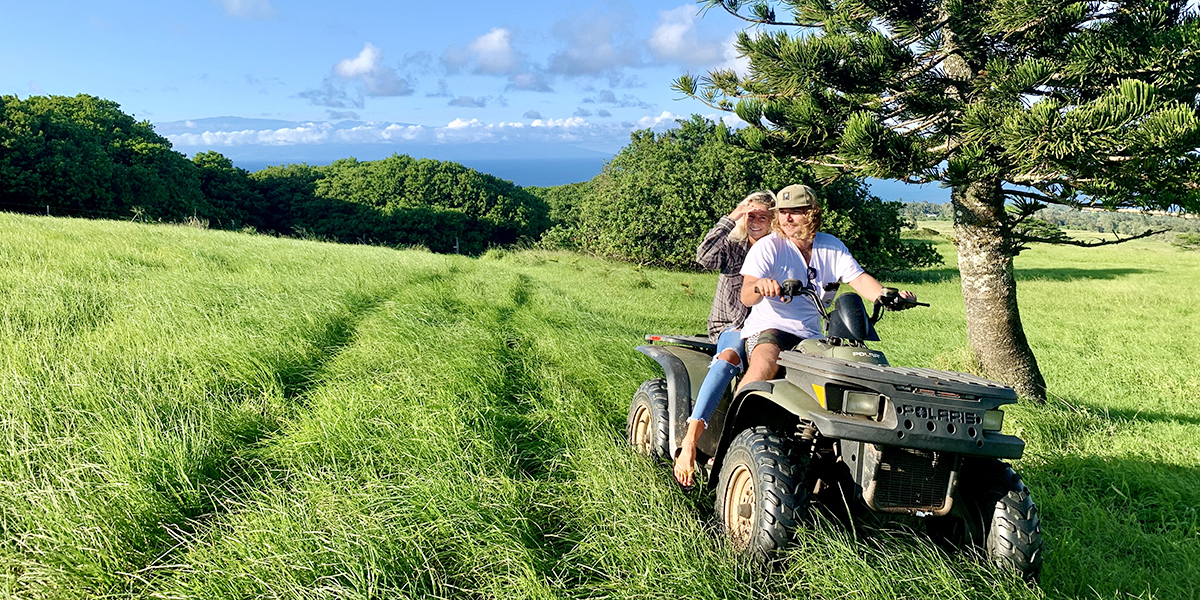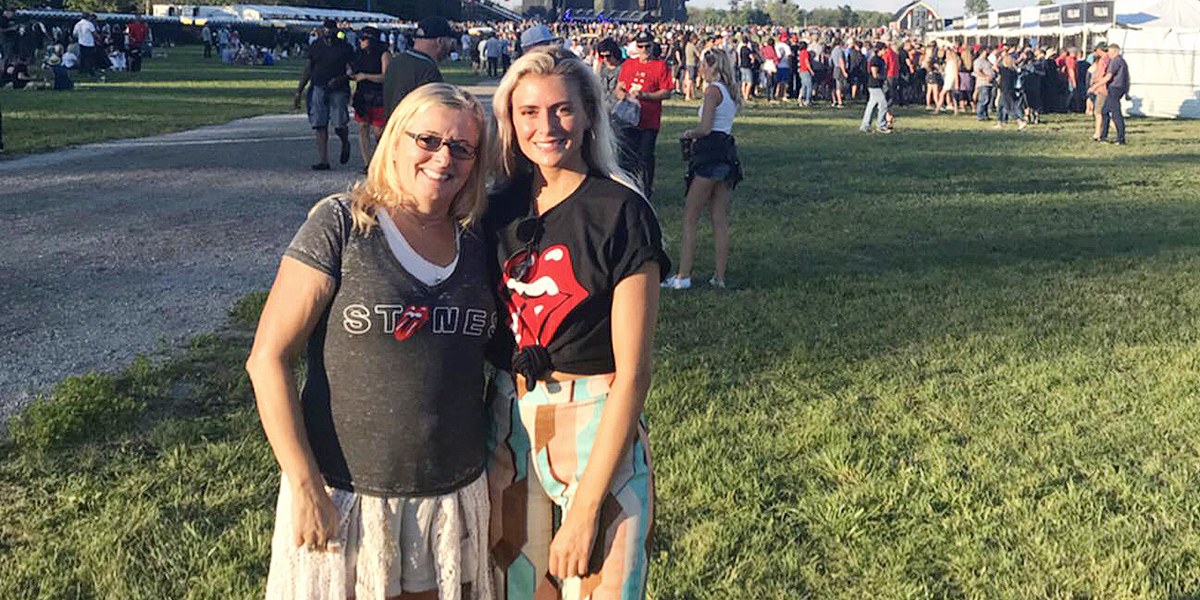Kona Keast-O’Donovan is a 2022 graduate of the William R. Richardson School of Law and a recipient of the Edward H. Nakamura Memorial scholarship.
I am originally from Canada (despite my name) and grew up in a small town in southwestern Ontario. I completed my bachelor’s degree in psychology and criminal justice at Western University in London, Ontario, and my master's degree in criminology and criminal justice policy at the University of Guelph in Guelph, Ontario.
I am lucky enough to have an auntie on the Big Island, so I grew up visiting her and knew that Richardson was the only place I wanted to apply for law school, due to its emphasis on Indigenous studies and the opportunity it provided me to give back to the community.
I completed my Second Year Seminar on Indigenous exclusion from criminal jury panels. For a year, I researched how jury policy excludes Indigenous people, and I made recommendations for increasing inclusion, specifically noting that sustained efforts made in true partnership with Indigenous communities are desperately needed.

Working for inclusion
Indigenous people are significantly underrepresented on jury panels. This underrepresentation is the result of systemic exclusion furthered by governmental policy. The jury system is built upon settler-colonial foundations of justice, which can be incompatible with some Indigenous values, and it discourages or prevents adequate Indigenous participation.
When you consider this with the lack of fair pay (usually less than minimum wage) and limited travel reimbursement (usually only reimbursed if someone makes it past the summoning stage), it is no surprise that Indigenous people living in often-remote locations are unable or unwilling to attend jury selection, especially when there is a good chance they will be dismissed with the use of peremptory challenges or challenges for cause due to their cultural identity.
Indigenous peoples are underrepresented as jurors, but overrepresented as victims and defendants, meaning proper inclusion is a necessity for a fair trial. Time and time again, we have seen instances where the guilt of a non-white defendant is determined by an all-white jury, and there is no question that implicit biases not fully uncovered during jury selection are present.
A jury is supposed to be representative of the defendant's community, so jury policy must encourage and allow the defendant's community to participate—whether via adequate pay, proper education, or the elimination of criminal-record barriers.
However, proper inclusion can only be obtained if a meaningful partnership is created with Indigenous communities. Structurally oriented, deeper reform is desperately needed, and public policy is the logical starting point to address the systemic exclusion inherent in current jury policy.
Gratitude and determination
I’m thankful for donors’ support of law students at William S. Richardson School of Law. Seeking justice through social policy is one of my main goals, and I will continue pursuing this now that I’ve graduated.
The Edward H. Nakamura Fund has been of tremendous help to me and my studies. Not only did it reinforce that my research is important, but it has also provided me with financial assistance to focus on my research and have it accepted for publication.
My goal from the beginning has been to give back to the community and I believe that my research can truly assist with addressing systemically discriminatory policy existing in the criminal justice system. UH has fantastic scholarship opportunities and I am so thankful to have been selected. This scholarship has affirmed that I am making a difference and that I am exactly where I am supposed to be.
Questions? / More Information
If you would like to learn how you can support UH students and programs like this, please contact us at 808 376-7800 or send us a message.
